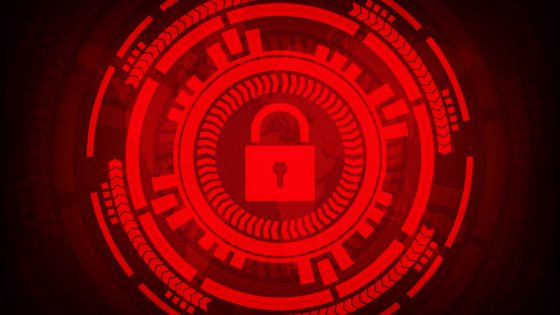If you own a small business, you already know that there are a lot of obstacles you’ll have to conquer to be successful. Running a business right is hard enough on its own, but dealing with potential scams is another threat entirely. Most entrepreneurs aren’t going to be falling for any requests from Nigerian princes, but there are other scams to worry about.
As technology gets more advanced, scammers are adapting and creating new ways to steal your money. You need to make sure your business is safe every time you boot up your computer. Learn all about protecting your small business from scams, and discover the most common scams you’ll have to face.
Know Their Tactics
Scammers tend to employ a specific set of tactics to trick people into handing over their money. To keep your business safe, you need to know what these tactics are and how to recognize them. Among the most common is pretending to be someone you trust. Scammers will often disguise themselves as a company or some other entity you’ve done business with before. You can always double-check requests by contacting the actual entity directly.
When faced with a scam, you’ll probably feel a sense of urgency. They do this on purpose to try and force you into a decision without investigating first. These scammers can even go so far as to imply something bad will happen if you don’t hurry. While all of those tactics can be red flags, nothing is quite as obvious as when they request untraceable payments like gift cards or wire transfers.
Protecting Your Business
The best tool for protecting your small business from scams is your workforce. Training your employees to spot and avoid scams is essential to keeping your business safe. They also need to be tech-savvy, as do you. Recognize that scammers can fake caller ID information, email addresses and even social media accounts. Don’t fall for any of it.
One of the most important areas to be careful is with invoices and payments. Always verify that invoices accurately represent goods or services that you ordered and received. It’s always a good idea to have a relatively small number of people at your business with the authority to deal with invoices. That decreases the likelihood of a problem, especially if you have rigid procedures in place.
Common Scams
You know what scams look like in general, but it’s good practice to get a specific idea of what you can expect to face. One of the most common scams involves fake invoices. Scammers will send you an invoice for something that you’ve likely paid for before, like office supplies. Since the person processing invoices at many businesses doesn’t have firsthand knowledge about what supplies are ordered, they usually pay it out of habit. This is especially true when it comes to urgent matters like domain names.
Aside from invoices, your company will also likely face phishing attempts. These are emails, social media messages or calls designed to mimic trusted sources and trick you into giving out sensitive information like passwords. Some scammers will even disguise these messages as routine password updates. Make sure you and your employees can tell the difference between a legitimate source and a fake.
Cyber Security with U.S. Computer Connection
Whether you’re looking for employee training, cyber security programs or a bit of both, U.S. Computer Connection has got you covered. Computer scams are a threat to small businesses everywhere, so you need to make sure the business you worked so hard to create is protected from these criminals. Contact us today for help protecting your small business from scams.

